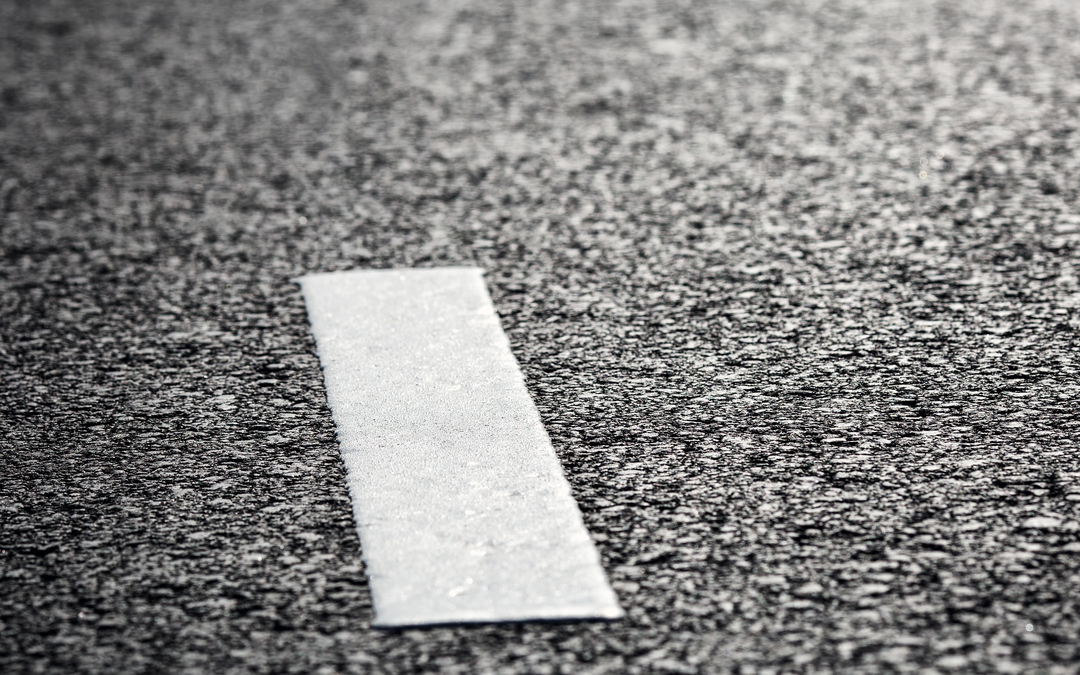When your pavement is starting to show signs of wear and tear, chip seal is one of the most effective and affordable options for repairs.
Whether you need repairs for a parking lot, roadway, or driveway, here’s everything you need to know about the chip seal method.
What Is Chip Seal?
Chip seal is a paving method that is used for new pavement, maintenance, and repairs. Its two-step process requires a layer of asphalt emulsion that is then topped by a layer of crushed rock.
Conventional asphalt paving uses many of the same materials but does not apply them separately, resulting in a smooth, blended finish. Conversely, chip seal materials are applied separately, resulting in a rougher finish with visible rocks. Chip seal is extremely versatile, as it can be used for brand new surfaces or as a pavement repair option.
When Do You Need Chip Seal Repair?
Chip seal can be used to treat pavement that has cracks, chips, and potholes. By applying a layer of chip seal, these problematic areas get filled in and your surface is restored to top form.
As long as your pavement’s blemishes only exist at the surface and there is no damage to the foundation itself, chip seal is able to correct these issues and provide a new layer of defense against the elements and the natural wear from vehicles.
Keep in mind, however, that your original pavement is not invincible and chip seal repair does not last forever—it’s only a temporary solution that extends the life of your pavement. Naturally, pavement breaks down and becomes brittle—even as you continuously repair its surface layer.
As you add chip seal, sealcoat, and other repair materials, your pavement may eventually approach a total thickness that your original pavement is no longer able to support. It’s at this time that you will need to remove your current pavement and replace it with entirely new pavement.
What Are the Benefits of Chip Seal?
Chip seal can be used to repair your pavement but what sets it apart from other maintenance solutions, such as sealcoating, crack filling, and patching? Some of the greatest benefits of chip seal repair include the following:
• Chip seal lasts much longer than sealcoating. Chip seal repair can last up to 7 years, while sealcoating typically only lasts for 1 – 3 years.
• Chip seal provides more traction than traditional asphalt. Because chip seal’s top layer features small rocks, tires are able to grip the pavement with greater ease.
• Chip seal is more affordable than asphalt. Chip seal costs as little as $2 – $5 per square foot, whereas blacktop typically costs $4 – $6.
• Chip seal addresses cracks, chips, and potholes. Sealcoating is only a preventative maintenance solution. Similarly, crack filling and patching only address a single issue with your pavement, while chip seal addresses multiple issues.
Does your West Texas business or home need pavement repairs?
Contact the team at Danny’s Asphalt Paving today to learn more about chip seal repairs and some of your other options. We’d love to discuss your next project with you and even provide you with a free quote!


Recent Comments